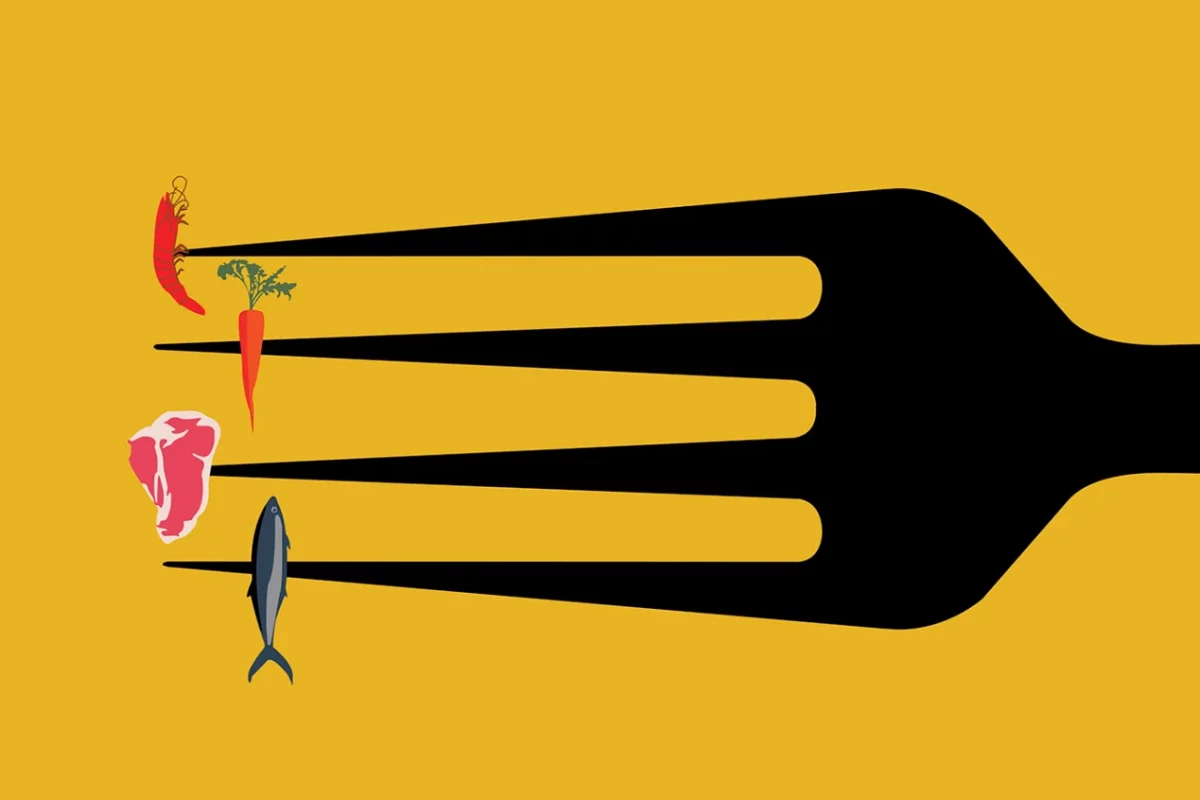It’s no secret that protein is a vital nutrient for our bodies. Protein helps keep us feeling full and energized, and it’s essential for building strong muscles. But what you may not know is that too much protein can actually be bad for your teeth.
In this post, we’ll take a closer look at the link between protein and tooth decay and discuss some ways to ensure you’re getting enough protein without putting your dental health at risk. So read on to learn more!
What is Protein?
Proteins are essential nutrients for the human body. They are the building blocks of our muscles, bones, skin, and blood. We need protein to repair and grow tissue and make enzymes and hormones.
There are many different types of protein, and we get them from various sources, including food and supplements. When we don’t get enough protein, we can experience fatigue, muscle weakness, and difficulty recovering from injuries.
The best way to get protein is through a balanced diet that includes a variety of protein-rich foods. However, some people may need protein supplements to ensure they’re getting enough of this important nutrient.
The Recommended Daily Intake of Protein
There is no one-size-fits-all answer to the question of how much protein you should consume daily. Your protein needs vary depending on factors such as:
- Age
- Activity level
- Muscle mass
However, the recommended daily intake (RDI) for protein is 0.8 grams per kilogram of body weight. This amounts to about 53 grams of protein per day for a sedentary person. If you are active or have a lot of muscle mass, you may need more than this.
To determine your specific protein needs, you should speak with a Registered Dietitian Nutritionist (RDN). They can help you create an individualized plan that meets your unique needs.
What Does Protein Do for the Body?
Protein is a vital part of the human body. They help build and repair tissue and boost immune function.
In addition, protein is essential for the following functions:
Growth and Development
Protein is necessary for growth and development. During childhood and adolescence, the body needs protein to build bones, muscles, and skin. Even in adulthood, protein is needed to maintain muscle mass and repair any damage to tissues.
Enzyme and Hormone Production
Protein is made up of amino acids, which are the building blocks of cells. The body needs protein to create new cells, repair damaged ones, and make enzymes and hormones.
Enzymes are responsible for chemical reactions in the body, while hormones regulate various bodily functions. Without protein, these processes would not be possible.
Overall, protein plays a crucial role in keeping the body functioning properly. It is essential for cell growth and repair, hormone production, enzyme function, and much more. Without protein, the human body would not be able to survive.
How Does Protein Affect Oral Health?
Protein is an essential part of a healthy diet, but did you know that it can also impact your oral health?
Protein affects oral health by:
- Repairing and maintaining oral tissue structure: Protein is a major component of saliva and helps repair and maintain the tissues in your mouth.
- Remineralizing teeth: Protein helps re-mineralize teeth, making them stronger and less likely to develop cavities.
Of course, like anything else, protein must be consumed in moderation. Too much protein can lead to plaque build-up and an increased risk of gum disease.
It’s important to brush and floss regularly and to see your dentist for regular check-ups. Taking care of your oral health can help ensure that your smile stays healthy and strong for years to come.
The Effects of Protein on Teeth
Everyone knows that protein is an essential part of a healthy diet. However, too much protein can have harmful effects on teeth.
When we eat food that contains protein, our mouth produces more acid. This extra acid can break down tooth enamel, resulting in cavities.
In addition, amino acids from proteins can bind to the surface of teeth, providing a food source for bacteria that leads to plaque build-up.
While plaque is generally soft and easy to remove with proper brushing and flossing, it can harden into tartar if not removed promptly.
Tartar is much more difficult to remove than plaque and can lead to gum disease. Therefore, it is important to maintain a healthy balance of proteins in our diets to avoid damaging our teeth.
Common Sources of Protein
Protein can be found in a variety of foods. However, a few common sources provide the majority of protein in our diets. These include:
- Meats
- Poultry
- Fish
- Dairy products
- Eggs
- Legumes
Each food group contains a unique blend of amino acids, the building blocks of protein. As a result, they offer different benefits and can be used to achieve different fitness goals.
For example, meat and poultry are excellent protein sources for muscle building, while fish and dairy products are better for overall health.
Ultimately, it is important to include a variety of protein-rich foods in your diet to ensure that your body gets all the nutrients it needs.
Final Thoughts
What does this all mean for your oral health? It means you should aim to consume protein in moderation.
Too much protein can lead to plaque build-up and increases your risk for gum disease, which can cause severe damage to your teeth and gums.
However, moderate amounts of protein are necessary for repairing and maintaining oral tissues and re-mineralizing teeth.
Following these guidelines can keep your mouth healthy and free from disease.
If you need more advice on how you can take better care of your teeth, it’s best to visit a dental expert like this dentist who does quality Invislaign in Stafford or one near you.








